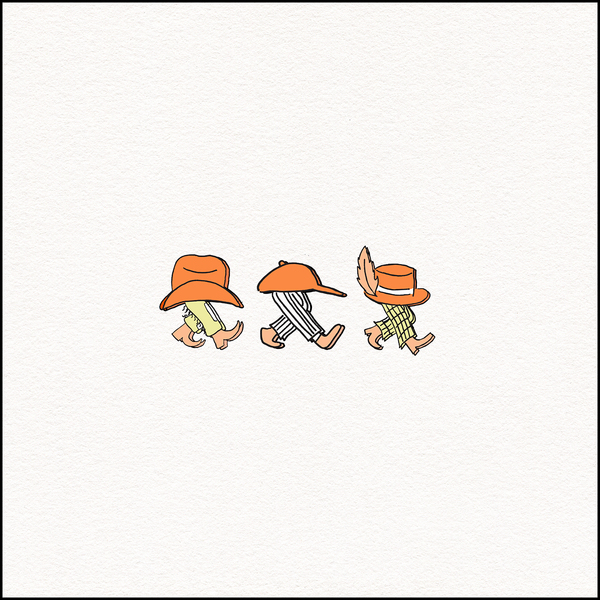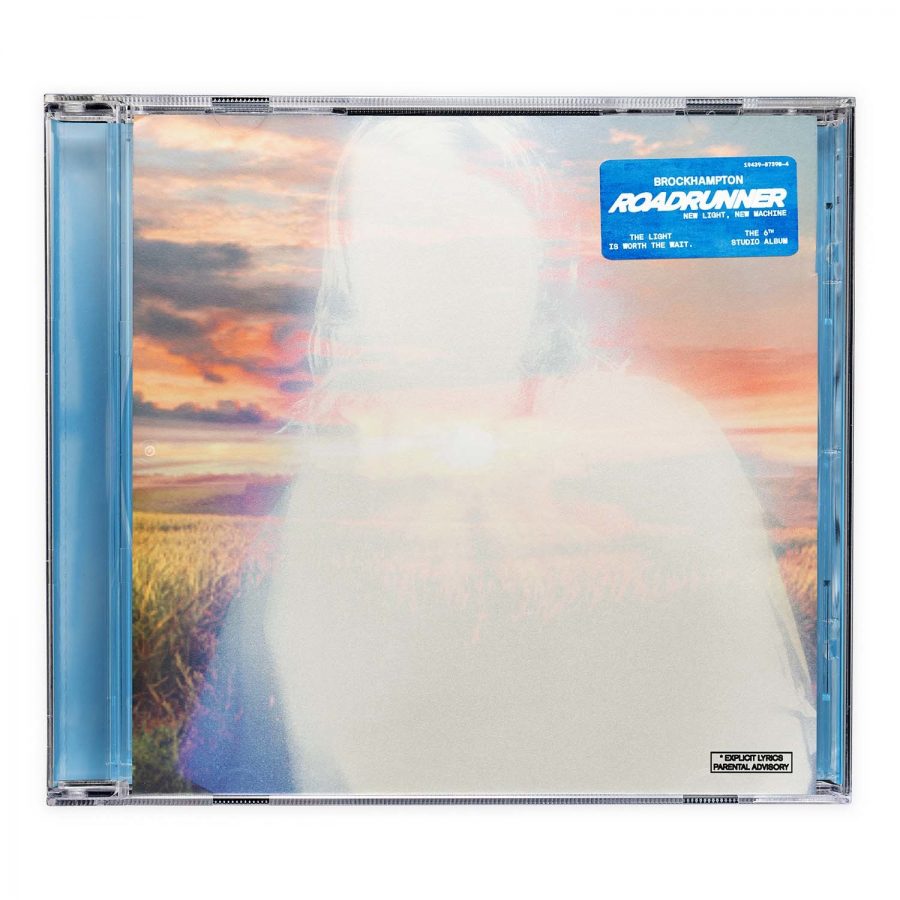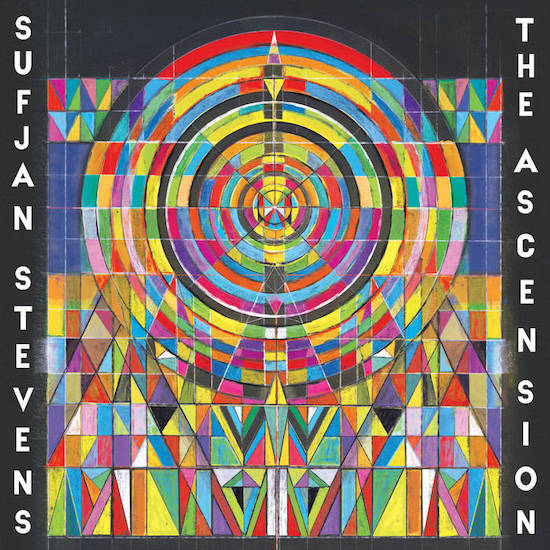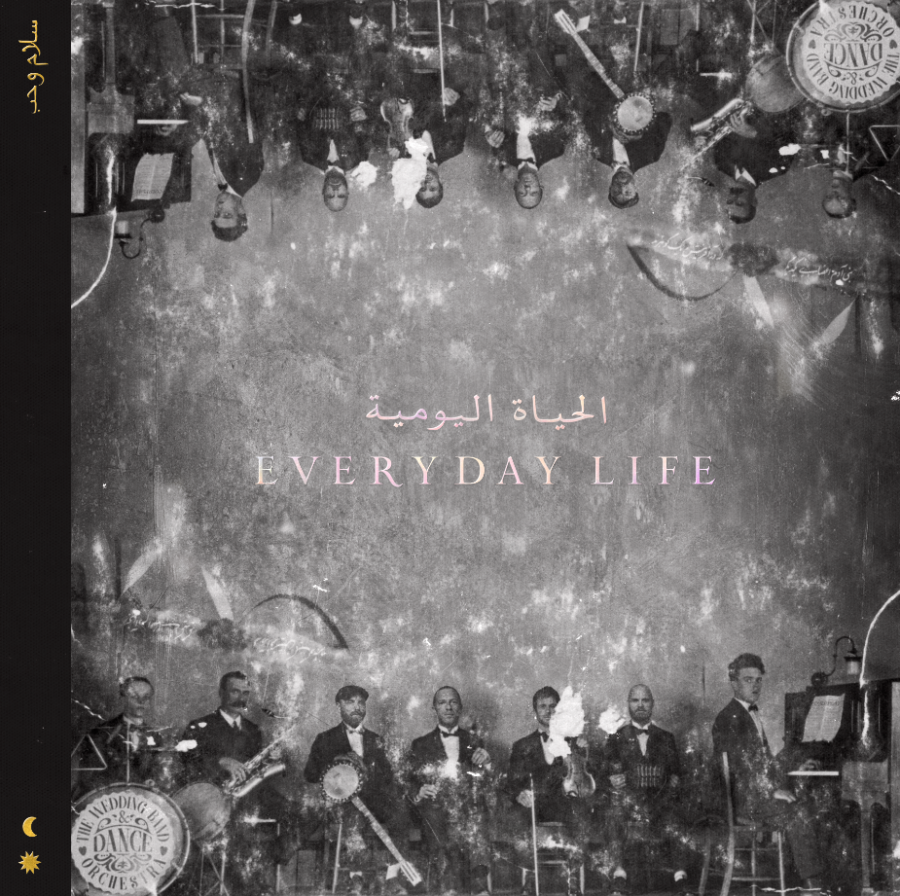The National has been in the slow lane to fame for more than a decade. Recent fans might be surprised that their 2013 Grammy-nominated album, “Trouble Will Find Me,” is their sixth album. The band, formed in 1999, is composed of Matt Berninger, Scott Devendorf, Bryan Devendorf, Aaron Dessner and Bryce Dessner.
Rather than quitting their day jobs, the band made music in their spare time and played free shows on Sunday nights at Luna’s Lounge. Their 2001 self-titled debut album is emblematic of early indie rock and the alt-country influence of bands like Wilco. Led by Berninger’s lyrics and distinctive baritone (and Johnny Cash-like) voice and the Dessner twins as primary music writers, the band has spent the last 10 years perfecting the malaise and melancholic feel of 21st century America.
By the time they released their third album, “Alligator,” they were a staple on the touring circuit, playing Pitchfork’s music festival and selling out shows.
The National have become masters of sadness with themes of loneliness (“About Today”), the fragility of commitment and relationships (“Trophy Wife,” “Baby We’ll Be Fine” and “Apartment Story”) and regret (“I Should Live in Salt”). There is a subtle hint of self-loathing — a suspicion that the situations we find ourselves in are probably our own fault. If we could figure out the right outlet for our frustrations and sadness, we might be left with something more than a sea of “Sorrow.”
“Sorrow found me when I was young
Sorrow waited, sorrow won
Sorrow they put me on the pill
It’s in my honey, it’s in my milk
Don’t leave my hyper heart alone on the water
Cover me in rag and bone sympathy
‘cos I don’t wanna get over you.”
It was with their breakout album, “The Boxer,” where the odd syncopation from the first notes of “Fake Empire,” alert the listener to something bigger. The political and the existential come to a collision course:
“Stay out super late tonight picking apples, making pies
Put a little something in our lemonade and take it with us
We’re half awake in a fake empire
Turn the light out say goodnight, no thinking for a little while
Let’s not try to figure out everything at once
It’s hard to keep track of you falling through the sky
We’re half awake in a fake empire.”
The second song on the album, “Mistaken For Strangers,” became an anthem of the struggle of having to become an adult.
Following the success of “The Boxer,” the band was freed from trying to make music that fans would like; they have more ambition and takes more risks with “High Violet.” They begin to ask more existential questions about faith (“Little Faith”), God (“Graceless”), sorrow, the meaning of love (“Terrible Love”) and a seemingly synthetic world (“Lemonworld”).
It might be easy to dismiss The National as the music of depression or cynicism, but when the broader pop music world is upbeat and full of optimism, any alternative is going to seem like a downer. If the music had a monotone and droning quality this might be justified. As music critic Lisa-Marie Ferla writes, “The idiosyncratic rhythms turn the songs into living, unpredictable things.” These rhythms help drive the stories giving the listener an indication of progress and hope.
The National’s sound and lyrics have a sense of authenticity. The audience understands the realistic expression of how it feels to live in a world with brokenness. The National writes songs for the rainy days or for the snow day when you would actually rather be at school or work distracted from yourself.
“I couldn’t find quiet
I went out in the rain
I was just soakin’ my head to unrattle my brain
It wasn’t like a rain it was more like a sea
I didn’t ask for this pain it just came over me
I love a storm, but I don’t love lightning
All the waters coming up so fast, that’s frightening.”
The authenticity has obviously connected with many people; the audiences keep getting bigger.
On their latest effort, “Trouble Will Find Me,” The National take some hints from U2 and get closer to turning sorrow into longing. The song “Heavenfaced” is not only sonically channeling U2, but gives the listener a glimpse of a more hopeful future.
“I could walk out, but I won’t,
In my mind I am in your arms.
Let’s go wait out in the fields with the ones we love.
Because we’ll all arrive in heaven alive
We’ll all arrive.”
For The National, there is a place for mourning and disappointment — the music gives voice and helps the audience express the emotions of transitions. For an audience wanting to find a place to belong, these songs are reassurance that it is a common human experience.
Maturity requires asking bigger, better questions, not merely for the sake of asking questions, but in an attempt to gain wisdom. The National doesn’t provide a solution or an ending to the story; rather, they are encouraging curiosity and a space to express and really feel the transitions in life as we experience them at our most human, in all its visceral messiness.









